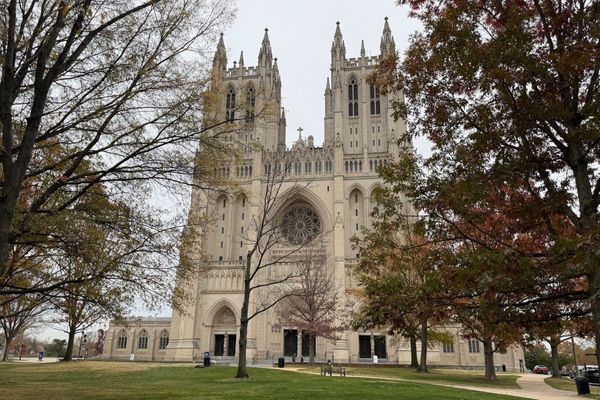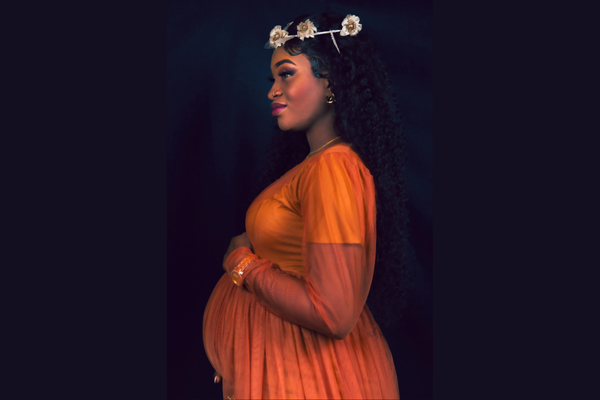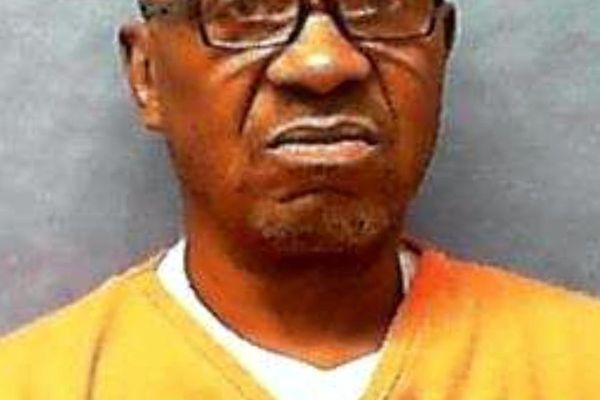
Queensland’s eight biggest lobbyists have donated more than $430,000 to Labor and the LNP since the start of 2020, amid concern from integrity experts who say laws should be changed to prohibit the sector from making any political donations.
AJ Brown, a professor of public policy and law at Griffith University and a board member of Transparency International Australia, told Guardian Australia that donations from lobbyists should be banned outright.
He said concerns stemmed from the fact a lobbyist’s core business is to promote the interests of third-party clients.
“It defeats the purpose of donation transparency,” Brown said.
“It’s wrong. There’s no way to eradicate the risk [that donations may be perceived as coming indirectly from lobbyists’ clients].”
Brown said “the same principle” should also be applied to large accounting or professional services firms that work for third-party clients and governments, and which should also “not be making donations to political parties”.
Queensland has banned donations from property developers and property industry bodies. Some of those banned donors are represented by lobbyists who are allowed to make their own political contributions.
Since 2020, a state election year, eight large lobbying firms have made regular donations to both major Queensland political parties. The vast majority of that money has gone to Labor, which has been in power in Queensland since 2015.
The biggest donor in that period was Anacta Strategies, run by Labor figures Evan Moorhead and David Nelson, who gave more than $160,000 to the Queensland Labor party.
Nelson said the company made “no apologies for being a Labor firm” and would continue to support the party within the rules.
He said Anacta supported ongoing regulation of political donations and that all the company’s donations had been declared in accordance with the law.
“Queensland has some of the strictest regulations in the country, with real-time disclosures and donation caps,” he said.
“Should the laws be tightened further we will continue to abide by them.”
At a hearing of Queensland’s parliamentary economics and governance committee on Monday, the acting chief executive of the state’s Crime and Corruption Commission, Bruce Barbour, said there was a “serious and urgent need to reform lobbying laws”.
“Lobbying must be conducted in an ethical and fully transparent manner,” Barbour said.
At the committee hearing, lobbyists from three firms were asked by Mermaid Beach MP, Ray Stevens, whether they understood public concerns about the source of their donations.
“Do you understand that the public have great concerns about the appearance of those large donations to political parties, particularly after the success of lobbying by a particular firm to achieve an outcome, and how that is bad for the public confidence in the lobbyist industry?” Stevens asked.
The managing director of Liberal-aligned lobbyist Barton Deakin, Andrew Humpherson, said donating to parties on behalf of clients would be regarded as “unethical” under their corporate code.
The head of Labor-aligned lobbyist Hawker Britton’s Queensland practice, Elliot Stein, told the hearing his firm made political donations but that these were not made on behalf of their clients.
“From our perspective we always welcome greater levels of transparency and disclosure,” Stein said.
“Under our laws, and the nature of how elections are run and required to be funded, political parties will naturally need to attract private investment to run political activities. Any changes to that scheme is a matter for this parliament and we’d welcome it.”
Electoral Commission Queensland rules require all donors to disclosure whether they are contributing on behalf of a third party.
The CCC has expressed concern that lobbying regulation does not capture in-house lobbying, done by employees of larger companies, which are not subject to the same scrutiny as lobbying firms. Barbour told the committee he had concerns about “sham arrangements” where a company might hire what’s essentially a lobbyist but appoint them to an internal position which is not subject to disclosure.
Lobbyist Paul Bini, from Crisis&Comms Co, noted that the electoral commission would require declaration of any donation by a third party.
Bini told the committee about 80% to 90% of lobbying was done by larger companies with in-house lobbyists and that these interactions with government were not subject to the same scrutiny as lobbying firms.
“With all due respect to the CCC, concerns about sham arrangements and those sorts of things is much less of an issue [than the fact] the regulation misses most lobbying activity.
“To create balance and fairness for the clients of lobbyists … the current system in its current form should be expanded to in-house lobbyists.”
Stein told the committee: “The activities of companies like ours are the tip of the iceberg.”
“We’re out in the open, clear, transparent, reported and logged in the public domain. We welcome that transparency.”







